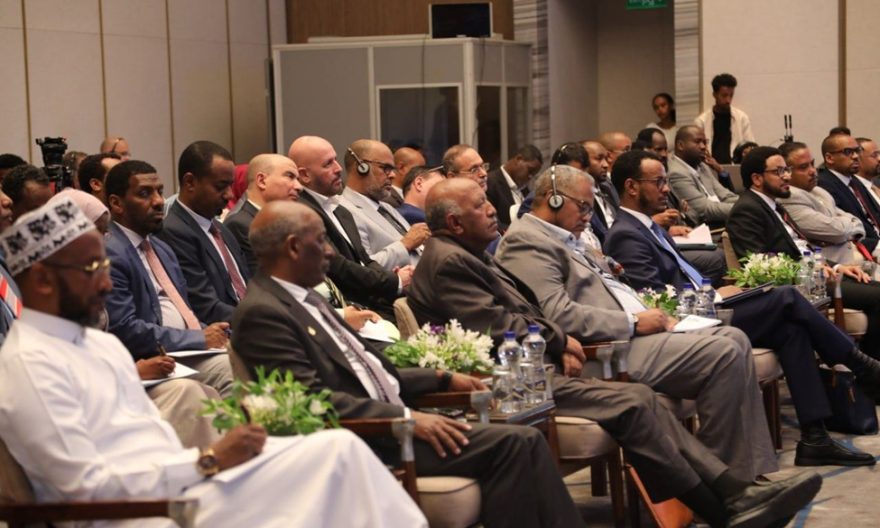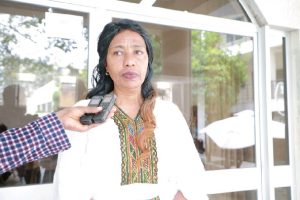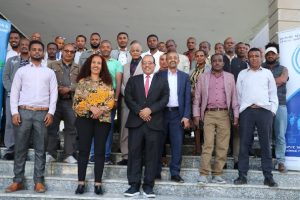
In light of shifting regional and global dynamics, African governments are implementing various institutional mechanisms to address challenges exacerbated by international competition. As the scramble for Africa’s resources intensifies, these pressures compound to the continent’s struggles with instability, market access, and strategic positioning.
The Institute of Foreign Affairs (IFA) Executive Director Jafar Bedru emphasized the opportunity to transform Africa into a beacon of peace, stability, and prosperity through collective determination. He pointed out that challenges such as border crises, resource-based conflicts, cross-border crime, violent extremism, and insurgencies continue to fuel both internal and external insecurities, posing significant threats to national and regional security.
These crises have not only weakened institutions but have also contributed to a broader state of fragility, hindering effective development across the continent. With Africa’s population expected to grow from 1.5 billion to 2.5 billion in the next 25 years, the region’s rich cultural, political, and natural resource diversity presents both significant opportunities and daunting challenges.
The Ministry of Foreign Affairs ’International Law Affairs Director General Ambassador Reta Alemu noted that Africa’s political commitment, along with its institutional frameworks and legal systems, are crucial for navigating the continent’s responsibilities on the global stage. He remarked, “Africa, once called the ‘dark continent,’ has emerged as a rising force over the past few decades, with many nations focusing on building infrastructure and making substantial progress.”
Ambassador Reta urged African states to strengthen regional collaboration and assert ownership of their economic development. He emphasized that diplomats and scholars widely agree that Africa represents a new frontier in the global economic order, ripe with potential. As Africa’s young and progressive societies embrace modernization while maintaining traditional values, the region must also focus on closing the digital divide and better utilizing its abundant resources.
IGAD’s Peace and Security Division Director Commander AbebeMulunehwarned that fragile states, characterized by deficits in institutional capacity, remain especially vulnerable to instability, conflict, and external shocks. He pointed out that external interventions by global powers and Middle Eastern nations have significantly shaped Africa’s peace and security landscape, often leading to unintended negative consequences for the continent.
Abebe reiterated the urgent need for African leaders to address ongoing conflicts, manage trans-boundary resources effectively, resolve longstanding border disputes, and respond adequately to the humanitarian needs of refugees and internally displaced persons. He asserted that African unity and cooperation with favorable partners, including Gulf nations, will be key to resisting external manipulation and securing a more peaceful and prosperous future for the continent. In this pivotal moment, the path forward hinges on collaboration, resilience, and a shared vision for a thriving Africa.
BY ASHENAFI ANIMUT
The Ethiopian Herald October 13/2024





